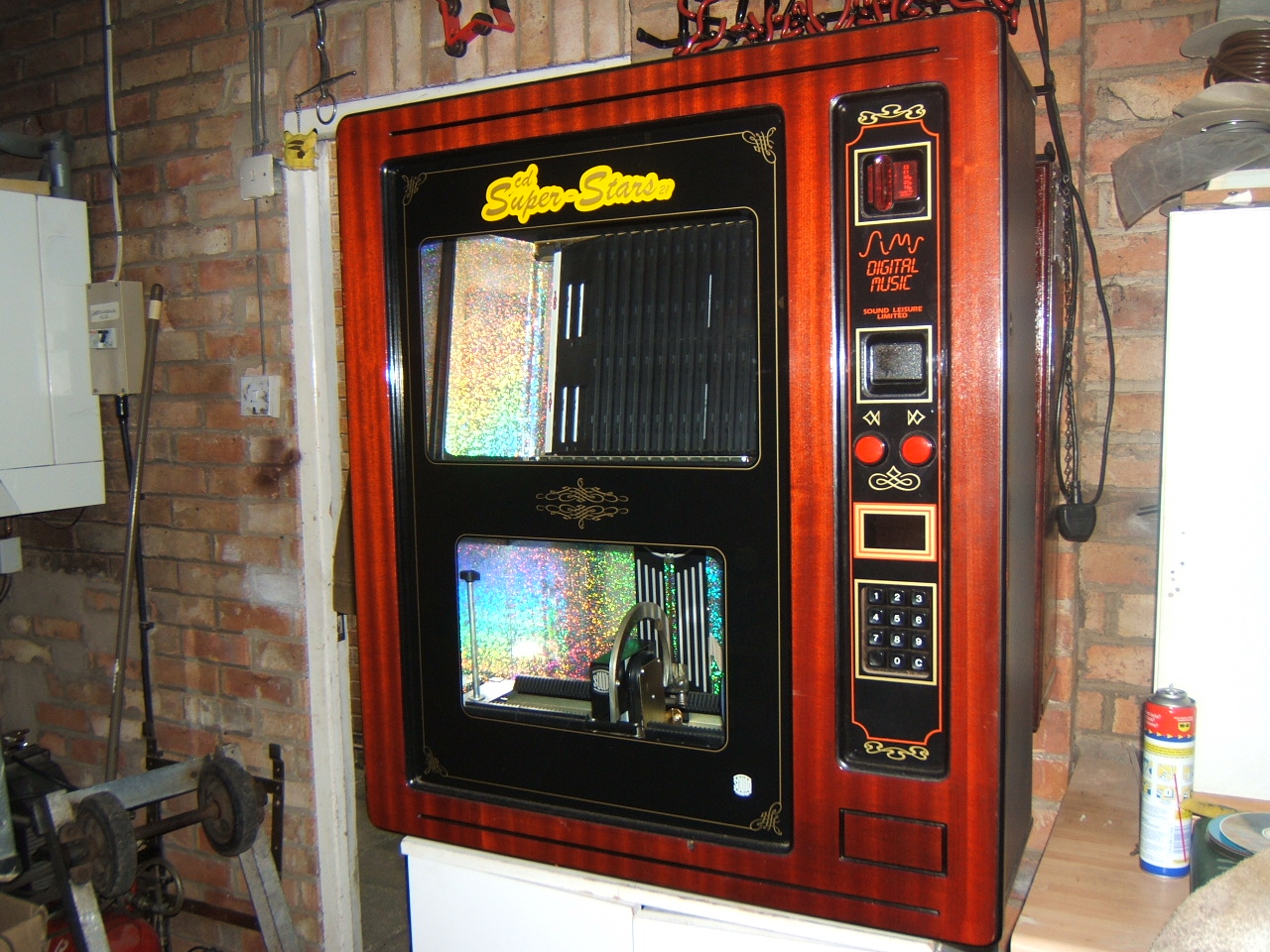
Every year on the day before Thanksgiving, music lovers worldwide celebrate National Jukebox Day.
This holiday is dedicated to honour the history and cultural impact of jukeboxes, machines that once stood as symbols of entertainment and social connection in diners, bars, and dance halls.
While the holiday is observed globally, its significance resonates deeply in Kenya, where music continues to play an integral role in cultural and social identity.
A jukebox is a partially automated music-playing device, usually a coin-operated machine, that plays a patron's selection from self-contained media.
The classic jukebox has buttons with letters and numbers on them, which are used to select specific records.
Some may use compact discs instead. Disc changers are similar devices for home use; they are small enough to fit on a shelf and can hold up to hundreds of discs, allowing them to be easily removed, replaced, or inserted by the user.
The Legacy of Jukeboxes
Jukeboxes first gained popularity in the early 20th century, transforming how people accessed and enjoyed music.
They became communal hubs, allowing individuals to select their favorite tracks and share moments of joy.
According to the Smithsonian Institution, the first modern jukebox, the Gabel Automatic Entertainer, debuted in 1906, paving the way for decades of musical innovation.
In Kenya, although traditional jukeboxes were rare, their essence is reflected in the rich tradition of shared music spaces such as matatus adorned with booming sound systems, public music venues, and radio shows.
Historically, there were Jukeboxes in most popular clubs in Nairobi.
For as little as 10 cents and up to one shilling you could listen to three songs. Jukeboxes in Nairobi were an alternative where a live band were not present.
“National Jukebox Day is a great opportunity to reflect on how shared music moments shape our collective memories.”
The Future of Jukeboxes in the Digital Age
With the advent of digital technology, the jukebox has evolved.
As we celebrate National Jukebox Day, it’s natural to wonder about the future of these beloved machines in our increasingly digital world.
Digital platforms such as Spotify, Apple Music, and Boomplay are now the modern equivalents, allowing users to curate playlists and create personalized music experiences.
While traditional jukeboxes may be less common, their spirit lives on in digital form.
The modern applications and smart devices allow us to carry virtual jukeboxes in our pockets, offering the same joy of selecting and sharing music with others.
The jukebox, in essence, has become a metaphor for personalized, social music experiences, adapting to new technologies while retaining its core function of bringing people together through music.
“The jukebox might not be a physical machine anymore, but its spirit lives on in the way we consume music today,” Catherine Njeri, a Kenyan DJ notes.
National Jukebox Day highlights the importance of preserving and celebrating music heritage.
In Kenya, genres like bongo, gengetone, and gospel dominate playlists, reflecting the country’s diversity.
Events such as Koroga Festival also act as modern-day celebrations of the jukebox spirit, bringing people together to enjoy live music.
Why Celebrate?
National Jukebox Day isn’t just about nostalgia. It’s about appreciating music's role in connecting people and creating memories.
They’ve been the centerpiece of countless bars, diners, and dance halls, sparking conversations, igniting romances, and creating shared experiences.
A study by the Music Industry Research Association found that local establishments featuring jukeboxes experience a significant increase in customer engagement and community interaction on National Jukebox Day.
As Kenyan musician Sauti Sol puts it, “Music is the heartbeat of life—it tells stories, unites communities, and keeps traditions alive.”
So, as the world spins a vinyl, streams a playlist, or shares a tune in a matatu, National Jukebox Day serves as a reminder of the joy music brings to all corners of the globe, including Kenya.













